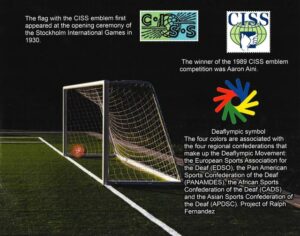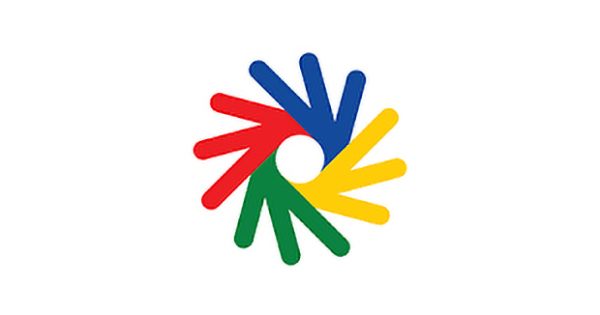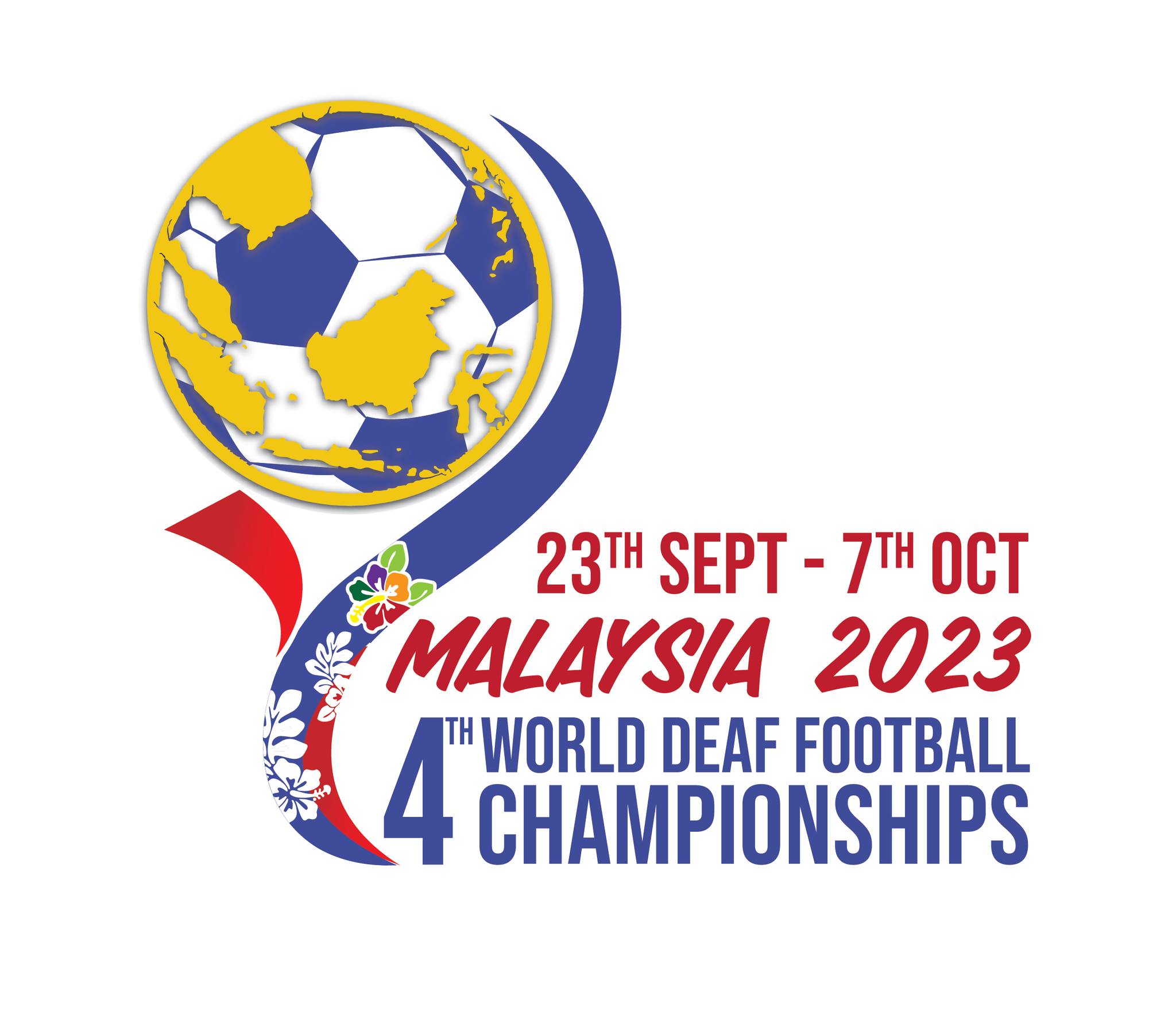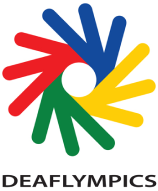The first international sporting event for the deaf recorded in the analysis of history was a football match between England and Scotland on March 28, 1891. France and Belgium did not lag behind their neighbors: after a while, several sporting events were organized with the participation of teams from these countries.
But a serious problem stood in the way of the further development of international sports for the deaf. There were only a few deaf associations in the world capable of organizing and hosting international sporting events. Understanding this, Frenchman Eugène Rubens-Alquet, General Secretary of the French Sports Federation for the Deaf and publisher of the monthly sports newspaper for the deaf, Le Sportsman Silencieux (The Deaf Sportsman), set himself the goal of organizing a major international competition for the deaf, which would increase the number of sports federations of the deaf. To help him in the implementation of this idea, a young Belgian, Antoine Drese, undertook.
Rubens-Alka and Drese had to work hard to persuade representatives of the six deaf organizations that existed at that time to take part in the International Games of the Deaf, an analogue of the Olympic Games, first held in Paris on August 10-17, 1924. Belgium, Czechoslovakia, France, Great Britain, the Netherlands and Poland took part in these Games. Athletes from Hungary, Latvia, Italy and Romania also came to Paris, although there were no deaf sports federations in these countries yet. One Norwegian also joined the above company.
Participants in the first Games competed in athletics, cycling, football, shooting and swimming. The event was very successful, and all participants decided that it should not be the last. On August 16, 1924, enthusiastic leaders of the deaf sports movement from various European countries gathered in a cozy Parisian cafe to decide the fate of international deaf sports. Here is the composition of the participants of that significant meeting:
France: Gaston Vialate, Eugene Rubens-Alke, Alexandre Baskul
Belgium: Emile Cornet, Antoine Dries, Valerie De Decker
UK: McDonald, Vernon Jones
Poland: Casimir Wlostowski, Dmochowski
Czechoslovakia: Jaroslav Riha, Stanislav Svachinas
Italy: Roberto de Marchi, Umberto Maglione
Hungary: A. de Zhalay
Netherlands: G.H. Kudis, H. Niederlof
Romania: Lieberman, Mendelssohn
Latvia: Rosemberg
Germany: Manke, Hurwitz.
The result of that meeting was the decision to found an organization called the International Committee for the Sports of the Deaf (Comite International des Sports Silencieux – CISS, in French). The founding fathers of the CISS pursued the goal of creating a kind of union of deaf sports federations, as well as developing a number of provisions that would determine the status of the Games and the rules for their conduct. It was decided to hold the Games every four years. The first executive committee of the new organization included:
President: Eugene Rubens-Alque
Vice Presidents: G.Kh. Kudis, Yaroslav Riha
Secretary/Treasurer: Antoine Drese
Consultants: Vernon Jones, Alexander Baskul, Valerie De Decker.







